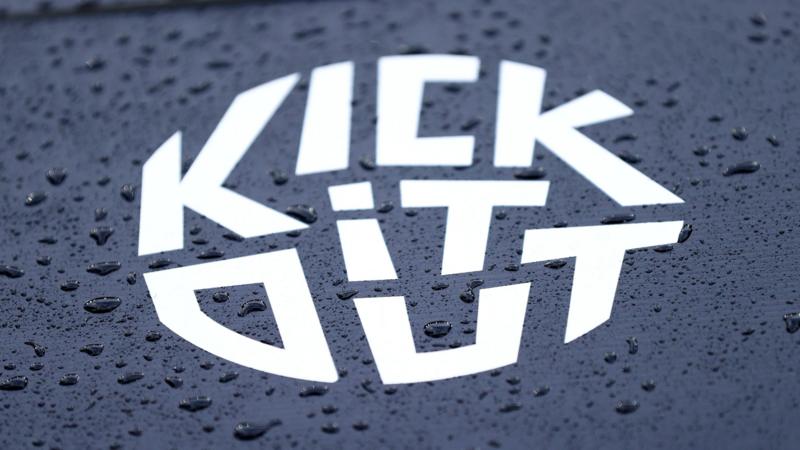Kick It Out: Surge in Reports of Sexism and Transphobia in Sports




In the latest report released by Kick It Out, the organization dedicated to combating discrimination in football, the 2024-25 season has seen an unsettling increase in reported incidences across various forms of discrimination. Notably, there has been a marked rise in sexism, transphobia, and faith-based abuse, setting a worrying record for the number of complaints received.
Football is often celebrated for its ability to bring people together, transcending borders and cultural barriers. However, this season's figures suggest a darker side lurking within the shadows of the beautiful game. Specifically, the surge in sexism and transphobia speaks volumes about the challenges that still prevail in sports culture, highlighting a stark reality faced by many individuals who are part of the football community.
The report specifies that sexism, which has long been an issue in sports, has not only persisted but increased. This particularly affects women in football, from players at all levels to fans and sports journalists. Despite significant advances, such as the growth of women's leagues and more comprehensive coverage of women's matches, this season has witnessed a backlash that could undermine the progress made so far.
Transphobia is another disturbing trend noted in the report. The inclusion and acceptance of transgender and non-binary individuals in sports have been slow, and the increase in transphobic abuse underscores the substantial resistance to acknowledging and respecting gender diversity in football. This form of discrimination not only isolates individuals but can deter them from participating in or enjoying the sport, contrary to the inclusive spirit promoted by football associations globally.
Faith-based abuse, too, has seen an uptick. Football players and fans come from a myriad of religious backgrounds, and this form of abuse fractures the unity and camaraderie that football aims to build. It's a poignant reminder that for many, the football arena remains a space where cultural and religious identities are targeted rather than celebrated.
The question arises: what is driving this uptick in discriminatory incidents? Several factors contribute to this trend, including social media, where anonymity and a lack of accountability often embolden individuals to express harmful views. Matches, too, are highly charged emotional events; unfortunately, this sometimes results in negative outbursts that manifest as discriminatory abuse. Moreover, the global political climate can also influence behaviors in sports arenas, reflecting broader societal tensions.
Helping shed light on these issues, Kick It Out has not only been instrumental in reporting them but also in initiating educational programs aimed at curbing such discriminatory behavior. The organization works closely with clubs, players, and fans to foster environments of respect and acceptance.
To combat the rise in discrimination, numerous clubs across the leagues have begun implementing more rigorous training sessions aimed at promoting diversity and inclusion. There's also a push for stronger penalties for those found guilty of engaging in discriminatory acts at football events. These initiatives are critical in setting the tone for what is acceptable behavior within and surrounding the sport.
Fans and players alike are called upon to play an active role in challenging discrimination. This involves reporting incidents whenever they occur, supporting victims, and actively participating in dialogues and educational initiatives aimed at fostering understanding and respect.
As we move forward, it is vital that the entire football community — from the grassroots to the professional arenas — continues to stand united against all forms of discrimination. Only through collective effort can true change be enacted, ensuring football remains a sport celebrated not just for its competitive spirit but also for its capacity to unify individuals regardless of gender, sexual orientation, or religious beliefs. In tackling these issues, the sport becomes richer and more inclusive, reflecting the diverse society that it serves.